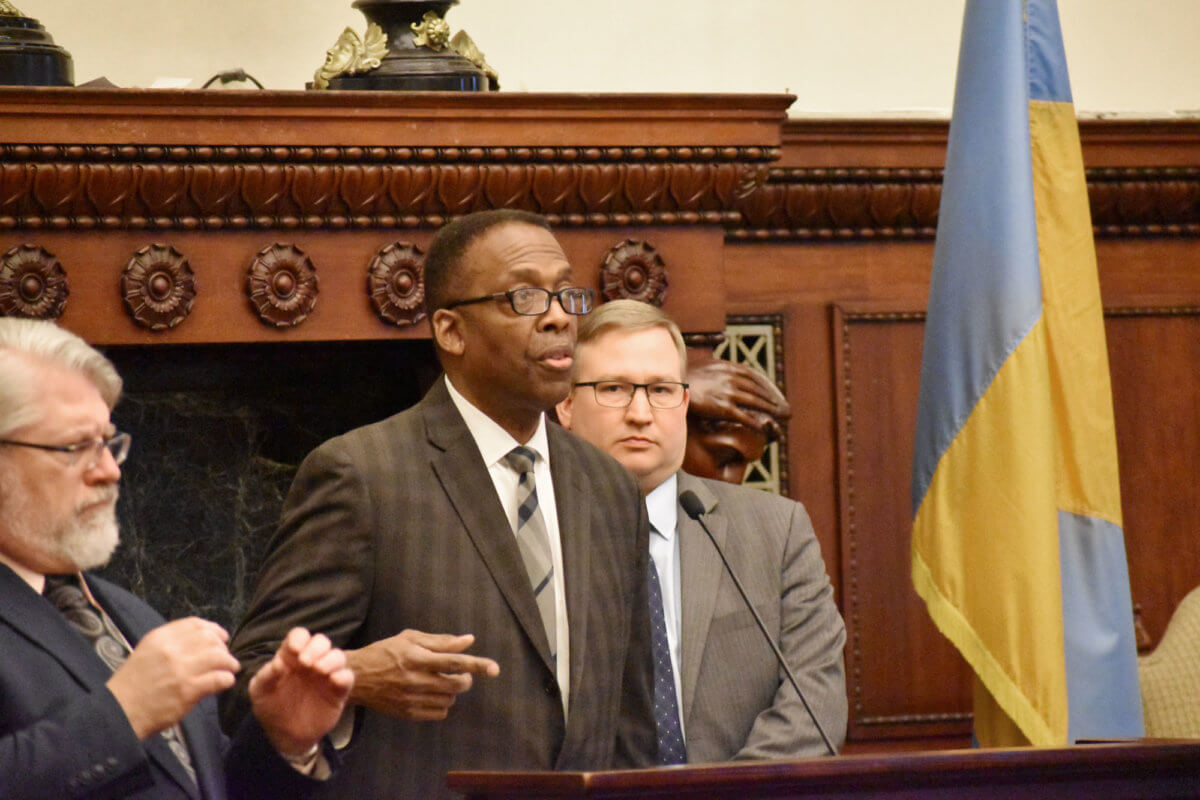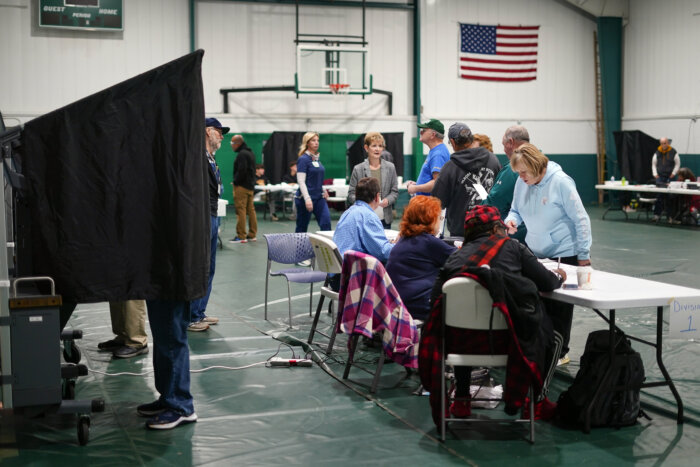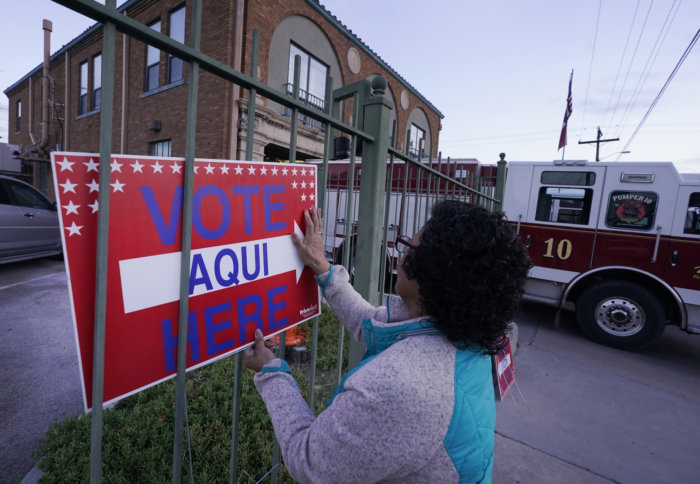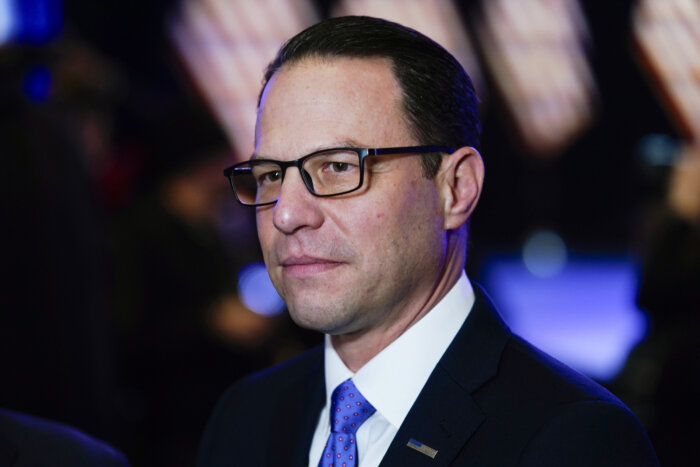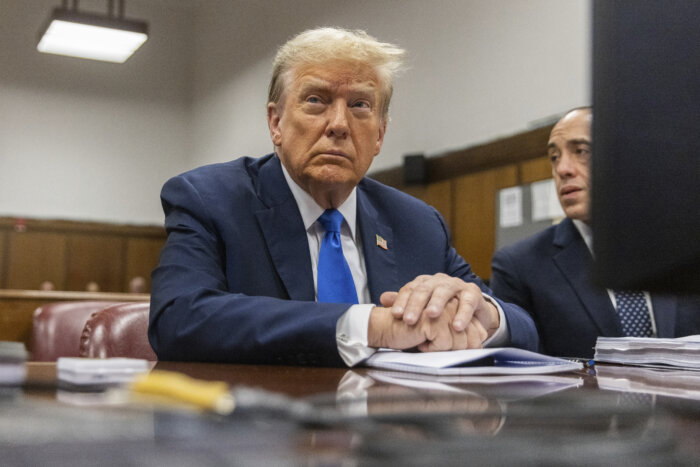There are signs Mayor Jim Kenney’s budget proposal, revised in the wake of the pandemic to include deep cuts and tax increases, will have a difficult road in City Council.
Council members weighed in on the plan for the first time Monday morning, expressing concerns that ranged from racial equity to tax policy, during a virtual hearing.
Representatives from Kenney’s administration also revealed that the city is laying off around 400 employees on June 1, though officials haven’t provided a breakdown by department or said how much the reductions will save in the budget.
The layoffs, at least for this first round, will primarily affect non-unionized and part-time and seasonal workers, officials said.
Councilwoman Jamie Gauthier requested demographic information on the workers who are being let go, echoing a common concern in the body about how cuts and rate increases could hurt minority populations.
“This is the feedback that we’re getting from Philadelphians, where a lot of people of color feel like they’re getting the short end of the stick, and it’s happening in a number of different capacities,” Councilman Isaiah Thomas said.
Kenney’s administration has said it has used a “racial equity lens” in filling a $649 million budget gap and slashing its original plan, presented in March, by $341 million.
Councilwoman Katherine Gilmore Richardson questioned how the city could have race in mind when the budget proposal zeroes out funding for the African American Museum.
“It just doesn’t all add up to me,” she said.
Jim Engler, Kenney’s chief of staff, said funding was cut to most nonprofits in the hope that foundations and other philanthropic organizations would step up.
“We were left with a series of extremely difficult choices to make as a government,” he said. “None of those single decision points were easy.”
Others grilled administration officials about the city’s support, or lack thereof, for the Black Doctors COVID-19 Consortium, which has been visiting neighborhoods around the city to test people for the virus.
Engler said the city has helped the consortium with billing, in addition to acquiring personal protective equipment.
The city has issued a request for proposals for community testing organizations; however, council members questioned why the consortium had to go through that process when some projects were clearly fast-tracked.
“I just think on this one the messaging is inconsistent,” Councilwoman Maria Quinones-Sanchez said.
Kenney is proposing a 3.95 percent hike to the School District of Philadelphia portion of the property tax, which equates to a $60 annual increase for a home assessed at $150,000.
Wage taxes for commuters would also be raised under the plan, and several other planned tax cuts would be put on hold.
Some council members expressed discomfort at the notion of asking people to pay more during a time of widespread unemployment.
“I understand that the tax increase that we’re asking for, we feel like is not a big deal and is not a whole lot, but I think that, again, it’s just not about the dollar amount,” Thomas said. “It’s the perception people have of government.”
“I’m not in favor of having a tax increase across the board coming out of this pandemic when people can barely afford food,” Councilman Allan Domb said.
Council President Darrell Clarke said he is worried about raising the non-resident wage tax, referring to it as a possible “negative impact.”
There’s a lot of concern that some workers will avoid paying the tax even after the pandemic. Employees may allow them to work from home instead of coming into Center City.
Councilwoman Helen Gym said it could lead to a “major redistribution” of tax revenue from Philadelphia to suburban counties.
Budget Director Marisa Waxman said the city, working with outside economists, projects that about 25 percent of those employees are working from home now and not paying the tax. They expect most to come back, but a fraction will likely be lost permanently, she said.
About 40 percent of the city’s wage tax revenue is generated by commuters.
Kenney, during his daily briefing, said city leaders during this budget process will have to make “the most difficult and most important” decisions of their careers.
City Council will hold a condensed series of hearings on Kenney’s plan through June 10. It is required to pass a balanced budget by the end of the fiscal year, June 30. For more information or to register public comment, visit www.phlcouncil.com/budget2021.



